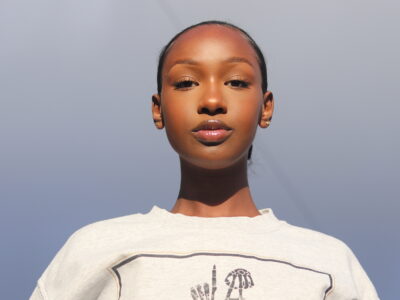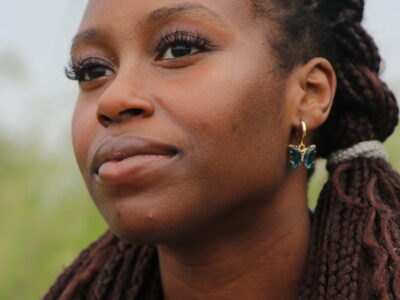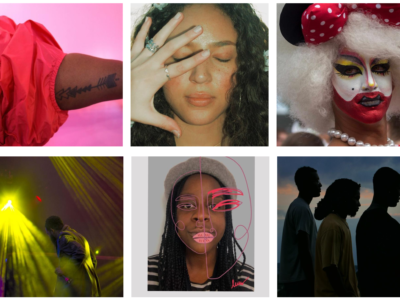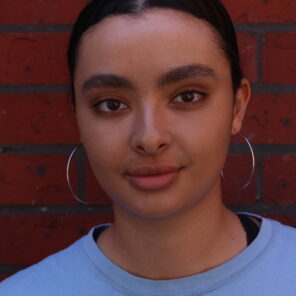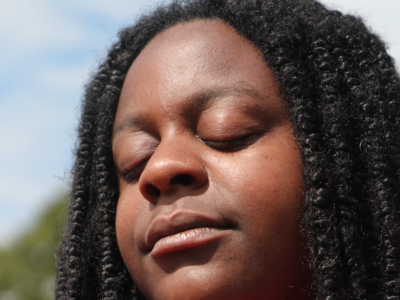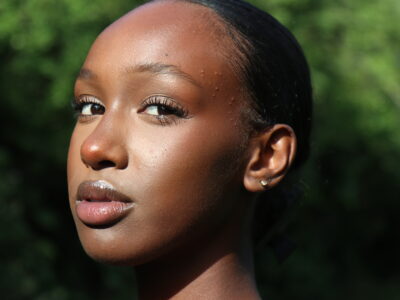Reflecting on June 2020: A photography series
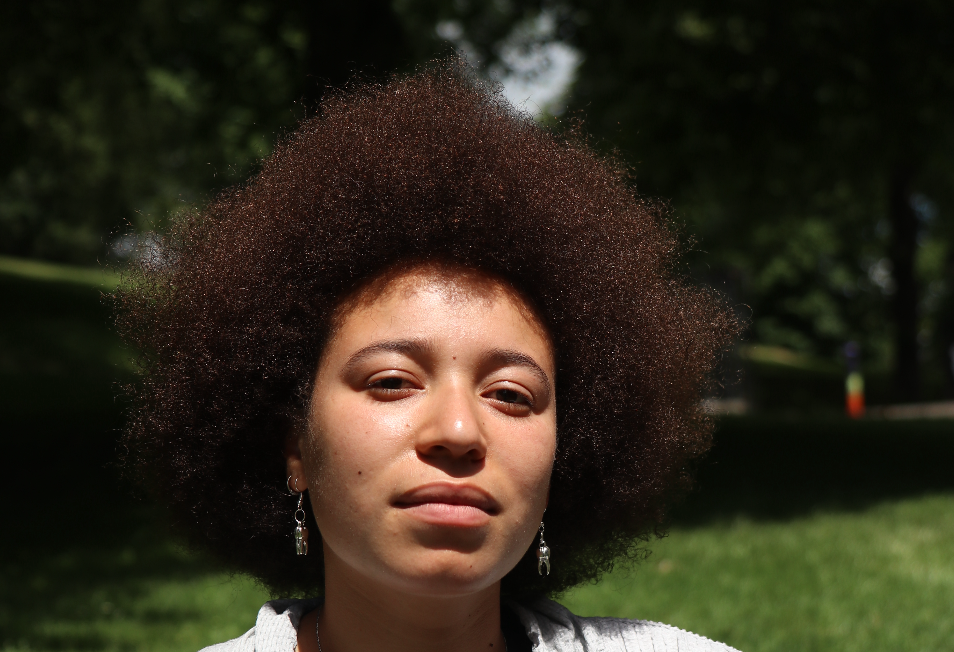
In this photography interview series, Oona reflects on black people’s mental health, sense of identity and relationships during June 2020 and how this changed in the year that followed.
In June 2020 after George Floyd’s murder, we saw the rise of the BLM movement. A year later, four young black people reflect on that time and the year that they’ve had since.
Sophia Oriogun-Williams
How did you feel in June 2020 when the BLM protests were happening?
“Okay. So, I felt somewhat hopeful, because it was like, the first time that I’d seen so much media attention for black people. I suppose it felt good that the talk of current racism was happening, not just historic racism. So, in that sense, I felt hopeful, but also was very depressed because yeah, we were inundated with social media. On social media, there’s just videos of black people being brutalised and mistreated. I just didn’t want to be on social media anymore. Because also even if it was like people helping, all my white friends were always, like posting stuff on their stories every single day. And that was like, thank you for being an ally, but also I don’t want to see it.”
“I think also around that time, it made me think about my own trauma with racism and I suppose it just brought a lot of stuff to the surface. I felt I found comfort in like speaking to my family and because they were all going through the same thing as well. So it’s like, just conversations happening.”
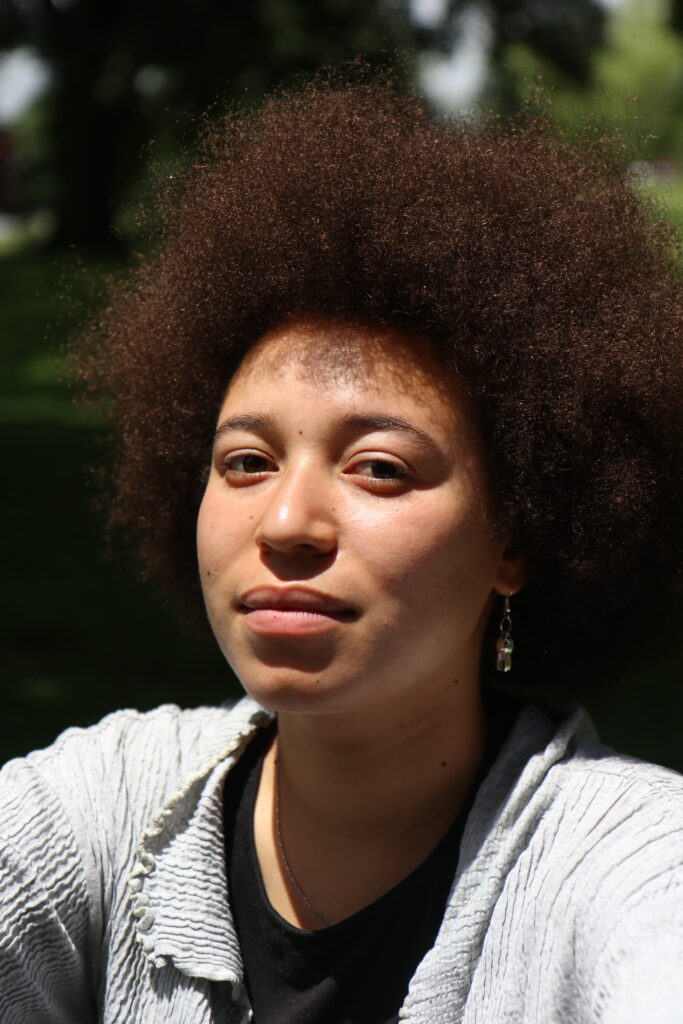
As you said you don’t use social media that much in general, did the way you used social media change at that time?
“I definitely was on social media a lot. I also felt like a pressure to be reposting things. But then I felt like it was a white person’s job to you know, help us out. Like, I’ve already seen a lot of racism I don’t want to be seeing anymore.”
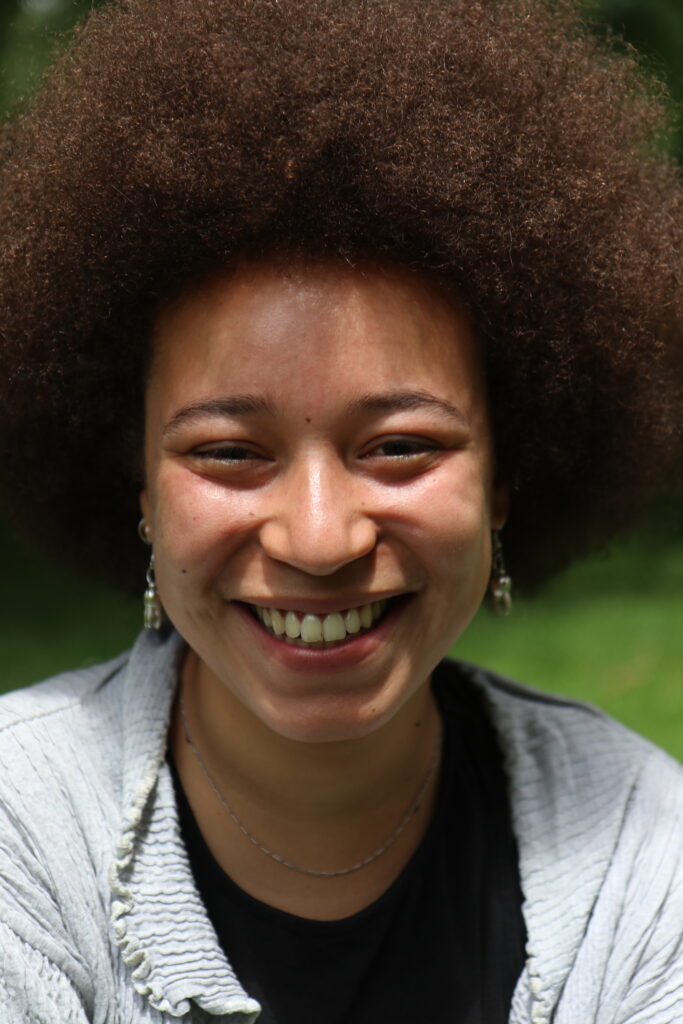
Do you think people are still posting like that now?
“I think there’s only like a handful of friends who still are supporting and being like allies every day. But then most people it was just around June and July and then they just sort of like dropped off the bandwagon.”
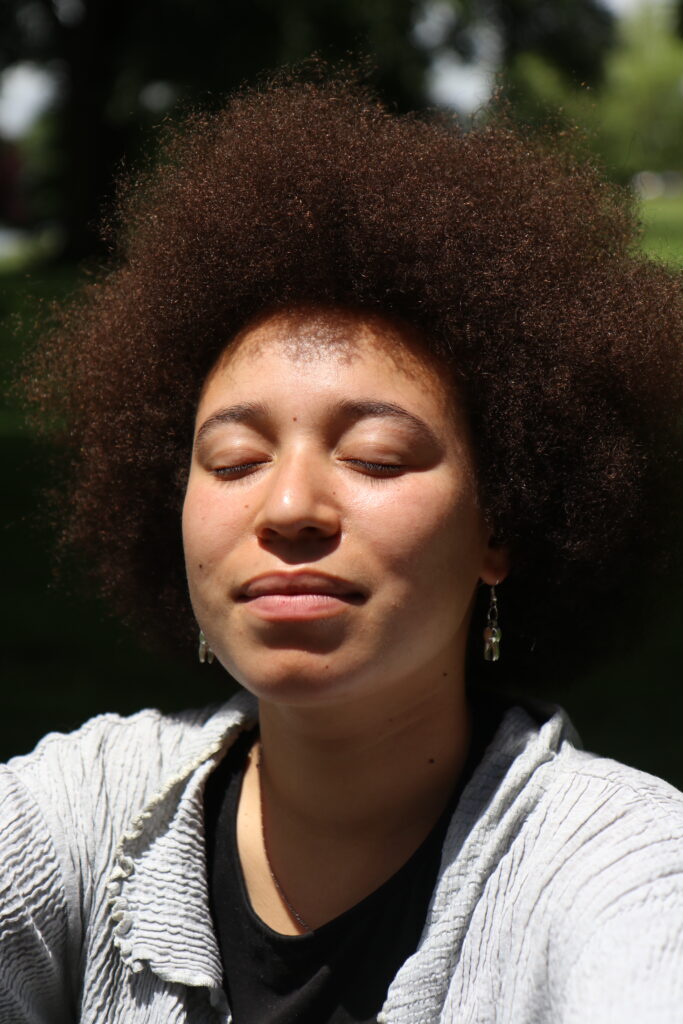
What was it like having your friends check up on you at that time?
“People would check in more than they ever had before, I suppose. But before I’d spoken to a lot of my friends about racism that I’d experience within Dorchester. And even from some of them, and then they would just like listen and be apologetic and change the language or way of thinking. I don’t know, I think though, after the movement in June, I felt more comfortable to talk about racism in general. Whereas I would only reserve it for like close friends.”
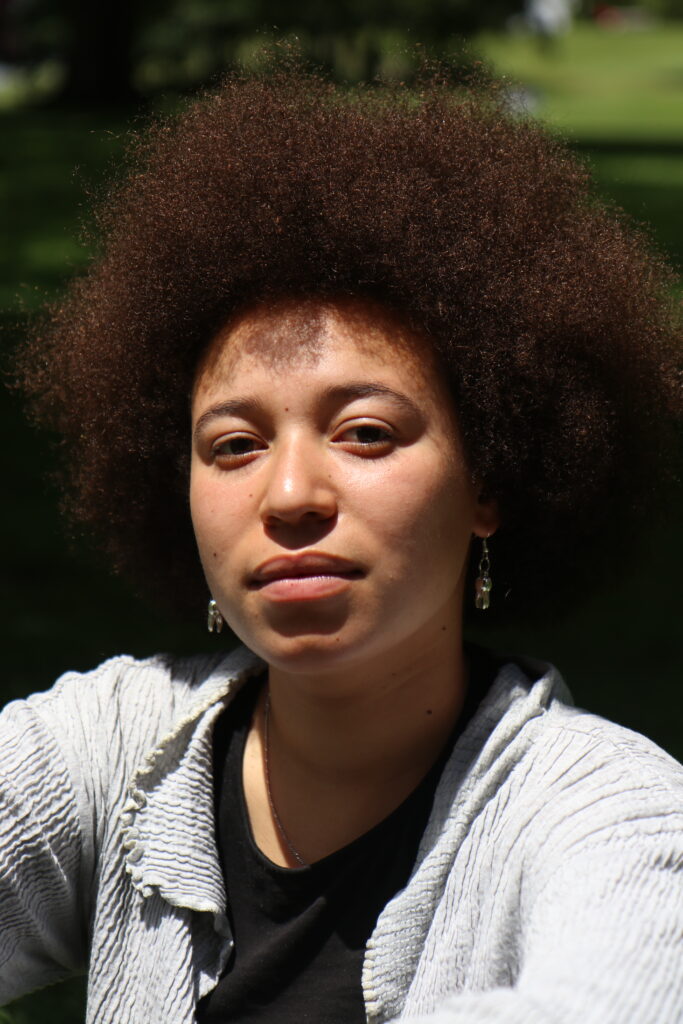
What were your interactions with white people at the time like?
“I remember being at work and there was another protest happening. I think this must have been last summer, I was working in Cabot circus and the protest came into Cabot circus. And it was like, all the white people that I worked with were like, oh, what’s what? What’s going on? I was like, it’s a protest. And they’re like, Oh, okay. And had to be awkwardly I do support you. The, a week later, I came in with an afro and literally, I think I got my hair touched like four times. And I was like, how tone deaf, last week you said you support me. But clearly, you don’t read up on anything.”
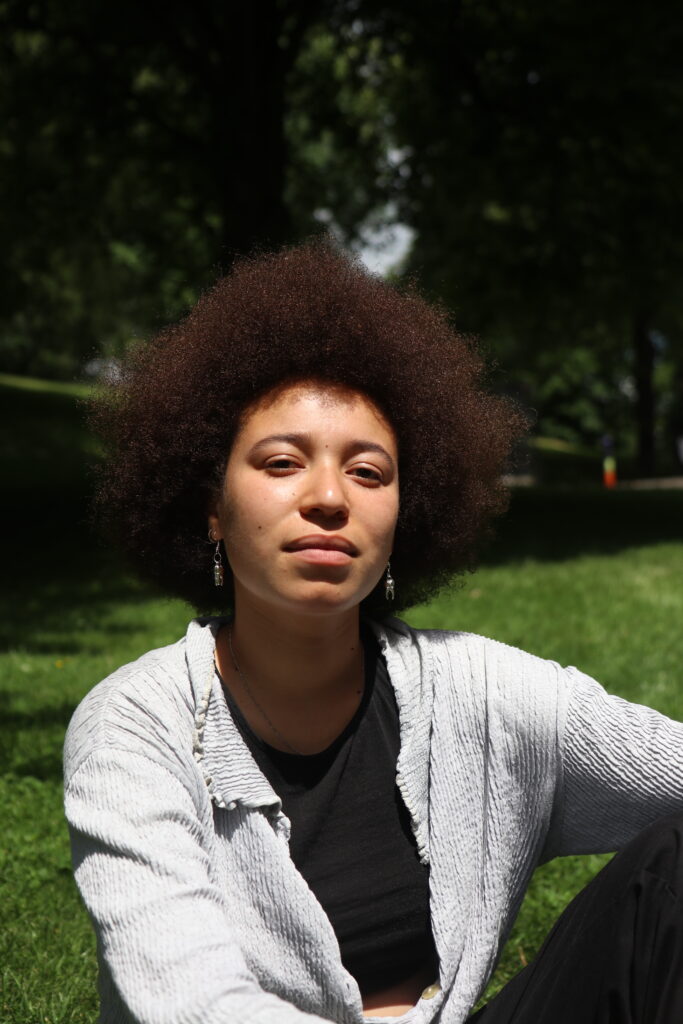
Did you ever wear your afro out when you were in school?
“I used to but I’d get about 20 kids touching my hair every day. And then I put it in a bun and I’d still get people like touching my bun. But I kept my hair in a bun for like, eight years, because I just didn’t want people near me or touching me, but they still would.”
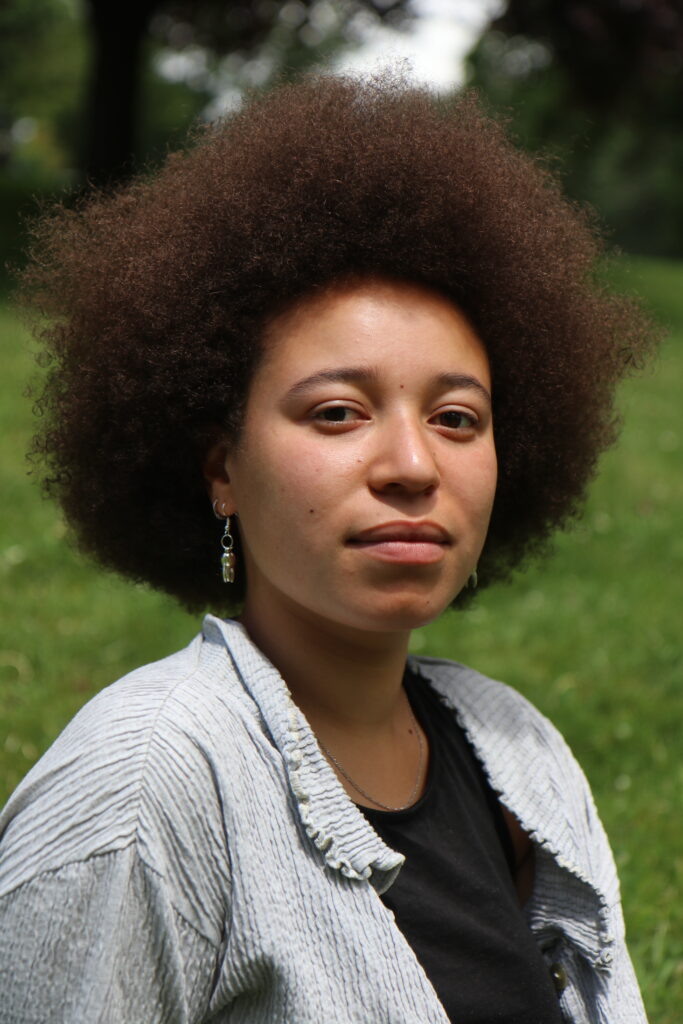
Has anything changed personally for you?
“I think that I’m definitely more proud of who I am as a person and proud of my heritage. Whereas before, I think I was much more scared when I was growing up, I tried to like, be more white passing. I just wanted to fit in, you know that sort of child. I would always keep my hair in a bun or during the summer I would wear a coat so that I wouldn’t have a tan. I remember one of my friends who is not my friend anymore. She said to me that the only reason that I could sing was because I was black and then I was like, ‘Oh, is that what everybody thinks?’ So, I just didn’t sing for years and I was like, why would I do that to myself just to fit in with like these bunch of racists? But now I’m proud.”
When talking about your identity have you struggled with labels? For example would you call yourself black?
“Yes. And also mixed race. Like I’d say black and mixed race. I’ve struggled with it because when I was younger, when I was around white people, I felt like I was probably seen as black. Whereas when I was around black people, I was seen as white. And I always found that, I found it really confusing being mixed race because I didn’t feel like I was entitled to feel the trauma that I’d had from racism because I didn’t feel like I was black enough. “
How do you feel now?
“Just, I mean, now I’m proud to be black and I’m proud to be mixed race.”
All photos by Oona Chanfi
How have you reflected on June 2020? We’d love to know your thoughts on our socials!

